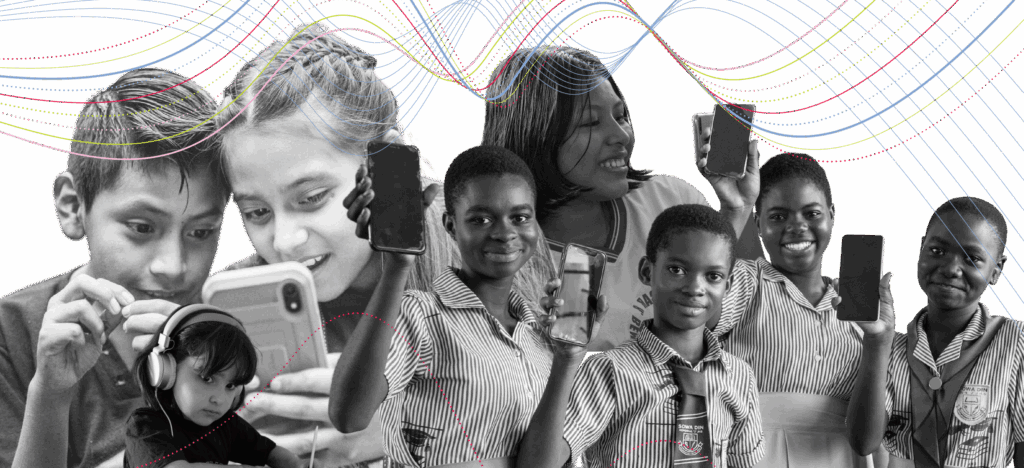UNICEF Namibia
Our grantees UNICEF Namibia Tackling Online Child Sexual Exploitation and Abuse in Namibia Countries involved:Namibia In Namibia, the Fund helped UNICEF Namibia establish an online reporting portal,
Countries involved:
Italy
Disrupting Harm is a large-scale data collection and research project to better understand online child sexual exploitation and abuse across the world. This study is assessing the scale, nature and context of this issue in 14 countries across Southern and Eastern Africa and Southeast Asia. Supported by the Fund, three grantee partners will work together to conduct the study, including ECPAT International, INTERPOL and the UNICEF Office of Research – Innocenti. UNICEF’s role is o conduct nationally-representative household surveys with approximately 1,000 children and 1,000 of their parents/caregivers in each of the 14 partner countries, together with UNICEF Country Offices.
Learn more about Disrupting Harm by visiting the project’s dedicated webpage.
The role of UNICEF Office of Research – Innocenti
UNICEF Office of Research – Innocenti will seek to better understand the perspectives of children through nationally representative household surveys from 1,000 children and 1,000 caretakers in each project country. By speaking to children directly, UNICEF aims to gain deeper understanding of children’s experiences of online violence within the larger context of their general internet use.
The Office of Research – Innocenti is UNICEF’s dedicated research centre. The Office works closely with UNICEF and other external academic and research institutions to undertake cutting-edge, policy-relevant research that equips the organisation and the wider global community to deliver results for children. As part of UNICEF, the Office works with national offices and governments in more than 150 countries around the world.
For more information, read the disrupting harm project brief in English. The project brief is also available in the following languages:

Grant timeline:
February 2019 – September 2022
Grantee website:
www.unicef-irc.org
Funding amount:
$2,529,270
Our grantees UNICEF Namibia Tackling Online Child Sexual Exploitation and Abuse in Namibia Countries involved:Namibia In Namibia, the Fund helped UNICEF Namibia establish an online reporting portal,
Our grantees UNICEF Mongolia Adopting the Model National Response to Prevent and Tackle Child Sexual Exploitation and Abuse in Mongolia Countries involved:Mongolia In Mongolia, the
Our grantees Oficina De Defensoria De Los Derechos De La Infancia (ODI) Representing Child Victims of Online Sexual Exploitation in the Legal System Countries involved:Mexico
Our grantees UNICEF Madagascar Strengthening the National Protection System to Prevent and Respond to Online Child Sexual Exploitation and Abuse in Madagascar Countries involved:Madagascar From
Our grantees Zana Africa Understanding Online Sexual Exploitation and Abuse of Children With Intellectual Disabilities in Kenya Countries involved:Kenya Children and young people in general
Our grantees ChildFund International Countries involved:October 2017 – October 2019 ChildFund Kenya’s Safe CLICS project will address key gaps by increasing OCSEA awareness, building children’s and
Our grantees UNICEF Kenya Developing and Implementing a National Plan of Action to Prevent and Respond to Online Child Exploitation and Abuse Countries involved:October 2017

Copyright Safe Online 2023 ©
All imagery is taken from the Safe Online and UNICEF image library


Weave Wellbeing is Safe Online’s initiative to raise a USD $100 million collaborative fund for children and adolescent mental health and safety in a digital age.
We are here to ensure every child and young person grows in to the digital world feeling safe, and is protected from harm.
We support, champion, and invest in innovative partners from the public, private, and third sectors working towards the same objective.
We believe in equipping guardians and young people with the skills to understand and see danger themselves once accessing digital experiences without supervision.